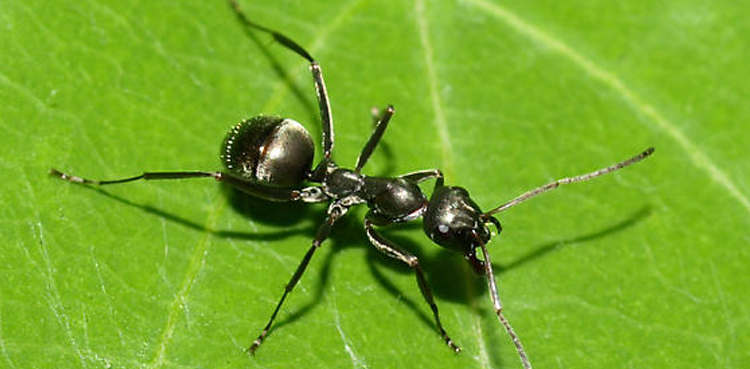
Research has proven that ants have the ability to distinguish between cancerous and non-cancerous cells.
The research uncovered that the ants were not only able to differentiate between cancerous and non-cancerous cells but it was also capable of identifying different kinds of cancerous cells.
It’s not the first time that animals have been proven useful to identify cancer, dogs usage to detect cancerous cells is existing practice.
Researchers at Université Sorbonne Paris Nord and PSL Research University in France have found out that ants can do this job even better than dogs and take less time to be trained.
Cancer cells can be differentiated from normal cells due to different abilities that cause the production of volatile organic compounds that act as biomarkers for the diagnosis of cancer.
Dogs and other animals’ noses are extremely suitable for identifying VOCs that are produced by cancerous cells. Dogs have evolutionarily developed olfactory senses to detect extremely faint odours as well as the power to distinguish and differentiate between them.
But months of training is required before a dog is able to distinguish between cancerous cells. One study proved that it took two dogs, 5 months of training and 1,531 conditioning trials to perform 31 tests with 90.3% accuracy.

Researchers combined the use of ants with a ‘low-cost, easily transferable behavioural analysis’ to create a bio-detector tool for cancer VOCs.
According to iScience’s research paper, 36 individual F. fusca ants were submitted to three training trials, they were in a circular arena where the sample of a human cancer cell was associated with a reward of sugar solution.
Also Read: 8-year-old mauled to death by dogs in Punjab’s Bhakkar
The time the ants took to find the reward decreased over the trails, which indicated that they were fully trained to detect the presence of cancerous cells. This was confirmed by ants performing two consecutive memory tests with no reward present.
The research found out that the ants were not only able to distinguish between cancerous and non-cancerous cells, but they could also distinguish between cells from two different cancerous lines.
The rapid reproduction and short training time of ants make them far more suitable as bio-detectors for cancerous cells.
from Science and Technology News - Latest science and technology news https://ift.tt/nJAiD67


0 Comments